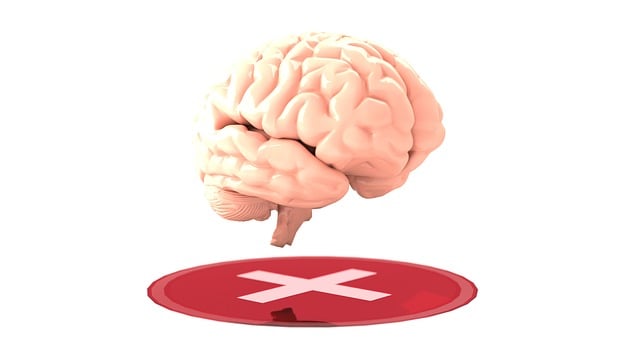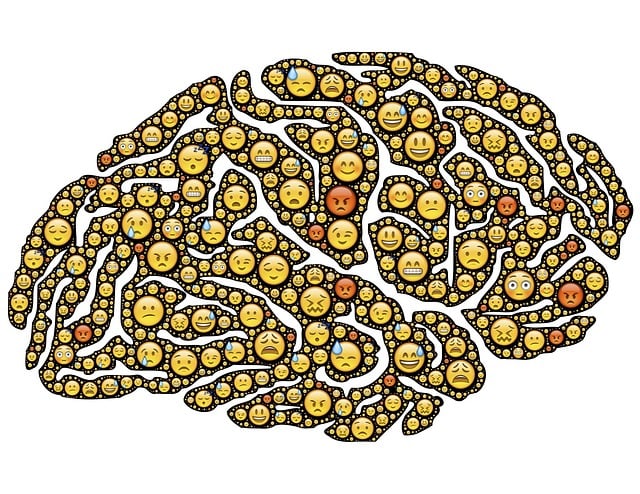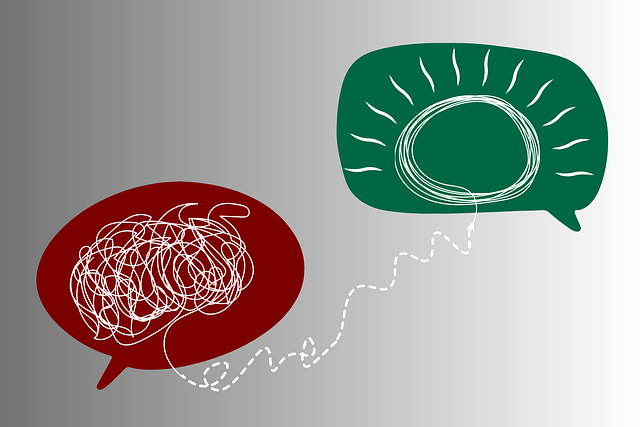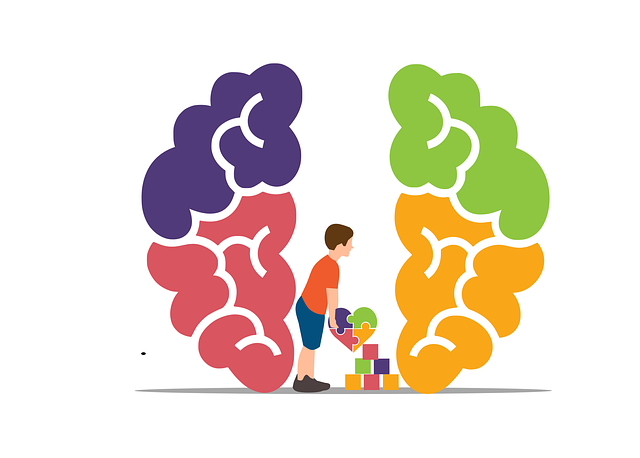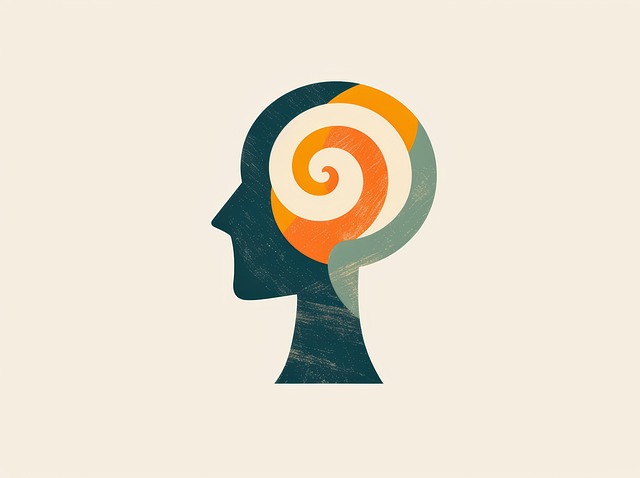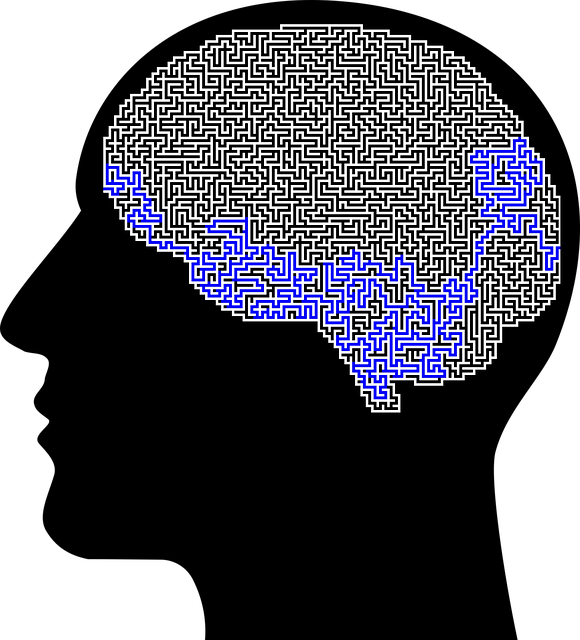Major life transitions can be emotionally taxing, leading to high stress levels. Therapy for Major Life Transitions offers a comprehensive solution, helping individuals process emotions, adopt effective coping strategies, and foster emotional healing. Techniques like Cognitive Behavioral Therapy (CBT) focus on thoughts, feelings, and behaviors to combat negative thought patterns and build resilience. Mindfulness and meditation further enhance mental well-being by promoting present-moment awareness and self-acceptance. Building resilience through various therapy approaches allows individuals to navigate challenges more easily, cultivating long-term mental wellness and a positive mindset.
Stress reduction is a vital component of maintaining mental health, especially during major life transitions. This article explores effective strategies to manage and overcome stress, offering insights into how individuals can navigate these challenging periods. We delve into cognitive behavioral therapy as a powerful tool, providing techniques like mindfulness and meditation for calmness. Additionally, building resilience is highlighted as a key strategy for long-term wellbeing, emphasizing the importance of coping mechanisms during life’s pivotal moments. Discover how these methods can help you adapt and thrive in the face of change.
- Understanding Stress During Major Life Transitions
- Cognitive Behavioral Therapy: A Powerful Tool for Adaptation
- Mindfulness and Meditation Techniques to Calm the Mind
- Building Resilience: Coping Strategies for Long-Term Wellbeing
Understanding Stress During Major Life Transitions

Understanding Stress During Major Life Transitions
Major life transitions, such as moving to a new city, getting married or divorced, losing a job, or experiencing the death of a loved one, can significantly impact our mental wellness. These events often bring about a whirlwind of emotions—from excitement and joy to fear and anxiety. It’s during these pivotal moments that we might find ourselves grappling with stress levels that feel unmanageable. Recognizing and addressing this stress is crucial for navigating these transitions healthily. Therapy for Major Life Transitions can be an effective tool, helping individuals work through their emotions, develop coping strategies, and foster emotional healing processes.
By engaging in therapy, people can learn conflict resolution techniques to manage the intense feelings that arise during life changes. This process allows them to gain perspective, build resilience, and adapt more effectively to new circumstances. With professional guidance, individuals can transform these challenging times into opportunities for personal growth and enhanced mental wellness.
Cognitive Behavioral Therapy: A Powerful Tool for Adaptation

Cognitive Behavioral Therapy (CBT) has established itself as a powerful tool for navigating major life transitions and promoting mental wellness. This therapeutic approach focuses on identifying and changing negative thought patterns that can lead to distress and emotional turmoil. By challenging unhelpful beliefs and replacing them with more adaptive ones, CBT enables individuals to gain a fresh perspective on their experiences.
The effectiveness of CBT lies in its ability to empower individuals with practical strategies for managing stress and improving overall mental health. Through the exploration of one’s thoughts, feelings, and behaviors, this therapy fosters empathy building and self-awareness, allowing people to develop coping mechanisms tailored to their unique needs. As part of a comprehensive Mental Wellness Podcast Series Production or engaging in Mental Health Awareness initiatives, CBT offers valuable insights that can enhance one’s ability to adapt and thrive during life’s transitions.
Mindfulness and Meditation Techniques to Calm the Mind

Mindfulness and meditation have emerged as powerful tools to navigate life’s challenges and reduce stress. These practices encourage individuals to focus on the present moment, cultivating a sense of calm and clarity. By training the mind to observe thoughts and emotions without judgment, one can develop a deeper understanding of their internal state. This awareness is particularly beneficial during major life transitions, offering a therapy for managing anxiety and stress.
Incorporating mindfulness techniques into daily routines can significantly enhance resilience building and coping skills development. For instance, mindful breathing exercises help individuals disengage from racing thoughts and reconnect with their bodily sensations. Additionally, meditation practices like loving-kindness meditation foster compassion and self-acceptance, which are crucial for trauma support services. These methods provide an avenue to process and release difficult emotions, ultimately leading to improved mental well-being.
Building Resilience: Coping Strategies for Long-Term Wellbeing

Building resilience is a crucial aspect of managing stress and maintaining long-term mental wellness. It involves developing coping strategies that enable individuals to navigate through challenging life situations, such as major life transitions, with greater ease. Therapy for Major Life Transitions plays a significant role in equipping people with the tools needed to adapt and thrive amidst change. This process fosters adaptability and empowers individuals to view stressors as opportunities for growth rather than insurmountable hurdles.
Crisis Intervention Guidance and Mental Wellness Coaching Programs Development are integral components of building resilience. The former offers immediate support during acute stress or crisis, helping individuals stabilize and gain perspective. The latter focuses on long-term strategies for managing mood and cultivating a positive mindset. By combining these approaches, individuals can develop robust coping mechanisms, enhance their emotional intelligence, and ultimately, lead more fulfilling lives despite life’s ups and downs.
In navigating life’s challenges, understanding and managing stress during major transitions is paramount. This article has explored effective strategies, from cognitive behavioral therapy (CBT) as a powerful tool for adaptation to mindfulness and meditation techniques for mental calm. Additionally, building resilience through coping strategies ensures long-term wellbeing. By integrating these methods into daily routines, individuals can better cope with life’s shifts, fostering adaptability and enhancing overall mental health. For those facing significant transitions, exploring therapy for major life transitions can provide tailored support, enabling personal growth and a more resilient future.
